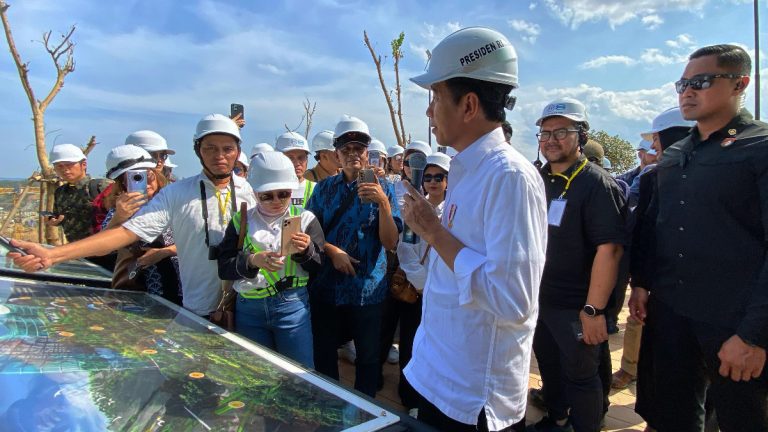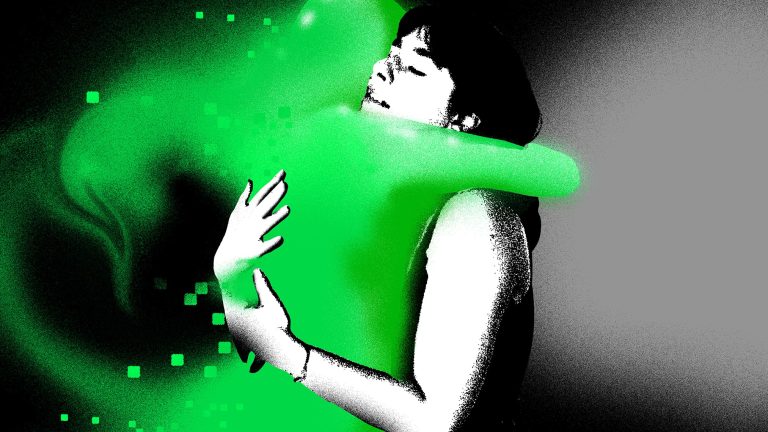In the Brazilian state of Ceará, the police department relies on facial recognition systems to identify suspects. Earlier this year, the system came under fire when a photo of Michael B. Jordan, the African-American star of the Black Panther movie, appeared on the police’s wanted list for a mass shooting that left five dead on Christmas Eve 2021. The police department’s software failed to properly distinguish between Black faces, leading to the Hollywood star’s face appearing on the list.
Tarcízio Silva, a tech and society fellow at the Mozilla Foundation and the author of Racismo Algorítmico, a new book that aims to unpack the concept of how technology reinforces institutionalized racism in Brazil, said that cases like these are part of a growing but uncovered trend in the country. As politicians and society embrace digital technologies, from artificial intelligence (AI) to facial recognition, the consequences of inbuilt prejudices against non-white groups are becoming increasingly apparent and damaging.
In his book, Silva defines algorithmic racism as when digital platforms, social media, mobile applications, and AI reproduce (and intensify) racism in society: think chatbots, trained from datasets that use racial slurs, or lower Airbnb rates for properties in predominantly Black neighborhoods. In Brazil, a majority Afro-descendant country where 54% of citizens identify as either Black or pardo (mixed), algorithmic racism can turn everyday digital interactions for Afro-Brazilians into a harrowing experience.
The issue is particularly acute in Brazil where, until recently, there was a pervasive idea that the country was an ethnically diverse society free of discrimination, a so-called “racial democracy.” But, over the years, anti-racist activists have argued that institutional racism has repressed Black people in Brazil too. As a result, Brazil’s Black population experiences greater rates of poverty and police brutality. Silva told Rest of World that Brazil’s idealized, color-blind approach to government erases people of color and the repression they face.
Silva believes that algorithmic racism works in much the same way. “We were told that the internet erases identity, but the opposite is true,” Silva told Rest of World. By not overtly addressing implicitly encoded racism, predominantly white Brazilian lawmakers and global developers unwittingly fail to account for racism in Brazil’s society and technology’s algorithms.
In practice, algorithmic racism can surface in everything from the failure of facial recognition systems to identify Black faces for selfies — what Silva refers to as “algorithmic microagressions” — to Black Brazilians getting lower credit scores because of racially-biased datasets. It can also appear in the problematic idea — publicly espoused by João Dória, the governor of the state of São Paulo — that facial recognition can “locate the bad guy before he has committed the crime,” even though the technology has been known to misidentify non-white faces, and fail at recognizing non-white faces at a significantly higher rate than white ones.
“We were told that the internet erases identity, but the opposite is true.”
The problem, according to Silva, is that the hype surrounding these technologies makes them popular with voters. This is why even in his native state of Bahia, Silva saw how a “theoretically left-wing state” adopted policing based on facial recognition.
Silva mentioned lobbying initiatives, like Rede de Proteção e Resistência ao Genocídio (Network of Protection and Resistance against Genocide) or Access Now’s petition to ban biometric surveillance, as examples of ways in which local and international can work together to fight algorithmic racism by pressuring lawmakers and universities to ban or regulate these technologies.
But first, Silva suggested that the priority was to mobilize awareness of the effects of algorithmic racism within Brazilian society. “Facial recognition increases police violence, but it is very popular,” he said. Silva recounted watching a TV segment about a wrongfully detained Black teenager entrapped by facial recognition technology. Immediately after, Silva said, “the presenter immediately went on to praise the technology.”



